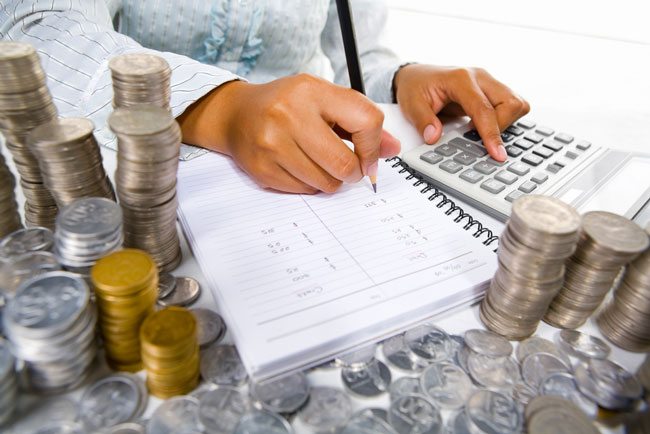But what exactly can you claim tax relief on when it comes to the business use of your home?
Emily Coltman FCA, Chief Accountant to FreeAgent – which provides the UK’s market-leading online accounting system specifically designed for small businesses and freelancers, highlights some of the key points to bear in mind when claiming home expenses as a limited company.
Which costs?
If you’re running your business as a limited company, you can claim the same proportion of the same costs as sole traders do – including your mortgage, rent, council tax, light and heat, water, broadband, property repairs and electricity – but there are a few extra hoops you need to jump through.
Rental agreement
Because you and the company are not legally the same entity – and because it’s you, not the company, who owns or rents the home – you will need to ask your accountant to draw up a rental agreement, showing that the company is renting a room from you.
This won’t usually be more than one page of A4 and your accountant should have a template agreement they can give you.
Reimbursement by the company
The costs for the use of your home for the company will be out-of-pocket expenses that the company can usually pay you back for without anyone incurring extra tax.
You need to make sure that you don’t include in the company’s accounts more than the actual costs you’ve incurred working from home, otherwise the company will have to run these through your payroll and deduct PAYE and NI from the extra.
HMRC say that if you’re claiming £4 per week or less, you don’t have to keep records of how you worked out the figure for use of home. Any more than that and they do expect you to keep records of your calculation to show a visiting inspector.
Your personal tax return
As the company is renting the room space from you, this counts as income you personally receive for renting out a property.
That means that your accountant will need to put that figure in as rental income on your own personal tax return. But don’t worry – you don’t have to pay extra tax on it, because the income is offset by the costs you’ve incurred.
If that sounds confusing, here’s an example of how it works.
You’ve worked out that the amount you can claim for the year as business use of home is £600. The company puts £600 in as a cost in its accounts, and so pays corporation tax on £600 less profit as a result.
On your personal tax return, you show:
Rental income £600
Property costs £600
Profit on rental £0
That’s because you had to pay the £600 yourself in order to maintain your home – it’s part of the electricity, gas, repairs and other bills you’ve paid for your home.
What about the flat rate?
If you’re a sole trader, you can use the simplified expenses method to work out part of your home working costs. However, when your business is a limited company, then this method is unfortunately not available to you – so you’ll have to calculate your costs the long way round.
Remember that small business expenses are often a complicated area, so if there’s anything you’re still not sure about you should seek the help of a professional accountant who can advise you further.
Emily Coltman FCA is Chief Accountant to FreeAgent, which provides the UK’s market-leading online accounting system designed specifically for small businesses and freelancers. Try it for free at: www.freeagent.com


